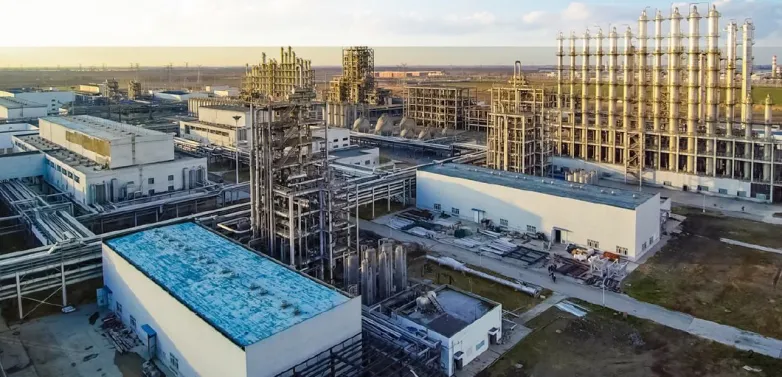Daqo's Q2 profits treble Y-o-Y, lower polysilicon production costs result in record quarterly profits
- Primarily driven by a 28% decrease in its polysilicon production cost, Daqo New Energy recorded its best manufacturing volume and also profits in Q2 2022.

Production cost continued to fall throughout Q2 2022 to US$ 7.26/ kg, below US$ 10.09/ kg in the previous quarter, which contributed to the improvement of the firm's gross profit as well as gross margin in the second quarter of the year.
CEO Longgen Zhang expects to preserve as well as "potentially more enhance" the cost framework of the polysilicon company in the second fifty percent of 2022 with a favourable outlook for costs at the new Inner Mongolia facility.
The polysilicon producer ramped up its new Phase 4B facility to full capacity as well as further optimised its operational performance as anticipated during its Q1 2022 results release.
Gross margin rose to 76.1%, with the business's gross profit reaching US$ 946.9 million, more than trebling the profits recorded in Q2 2021 of US$ 303.2 million.
While revenue for Q2 a little lowered to US$ 1,244.1 million, compared to US$ 1,280.3 million in Q1 2022, as a result of a lower sales volume. Yet this was compensated by the rise in average asking price (ASP) to US$ 33.08/ kg, from US$ 32.76/ kg in Q1 2021.
With polysilicon prices climbing throughout the initial fifty percent of this year, profitability also kept improving which was driven by a strong end market need and raised orders from wafer vendors. The company has already sold out its manufacturing capacity for August as well as has a "strong" order stockpile for its items.
Zhang stated he thought polysilicon price would certainly remain elevated for the remainder of the year and also into 2023, when he anticipated it to fall in H2. He told expert that he believed the price of polysilicon would stay at around US$ 250/kg for the first half at 2023, after which it might fall to between US$ 180-US$200.
Zhang additionally said that reports the Chinese government might interfere in polysilicon rates were misguided, saying a better element to take into consideration was the upwards stress this places on module prices.
On the other hand, Daqo ran at complete capacity according to Zhang, and generated 35,326 MT of polysilicon in Q2 2022, marketing 37,545 MT. This is compared to 31,383 MT as well as 38,839 MT throughout Q1 2022, specifically.
Throughout the 2nd fifty percent of the year, the polysilicon carrier will expand its annual maintenance, "in order to minimise the effect on procedures" claimed Zhang.
"During the exact same time, we will certainly perform some technology improvement projects which are expected to additionally save energy as well as optimize performance," added Zhang.
As a result of these operations, Daqo expects a polysilicon manufacturing volume in the series of 31,000-- 32,000 MT during Q3 2022.
Due to a "better-than-expected" operational performance in the very first fifty percent of 2022, the business has enhanced its guidance on annual production volume to 129,000-- 132,000 MT, up from the previous guidance of 120,000-- 125,000 MT.
The polysilicon producer remains to pursue its development prepares with the 100,000 MT Inner Mongolia plant that is currently under construction expected to be completed by Q2 2023.
The facility will be moneyed with the proceeds obtained in June by the subsidiary Xinjiang Daqo on the Shanghai Stock Exchange which elevated RMB11 billion (US$ 1.62 billion) in a personal offering.
Also read

